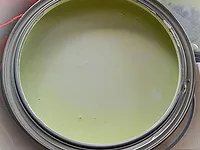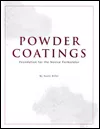Recycled Paint is the Future
Now We Need to Tell People About It
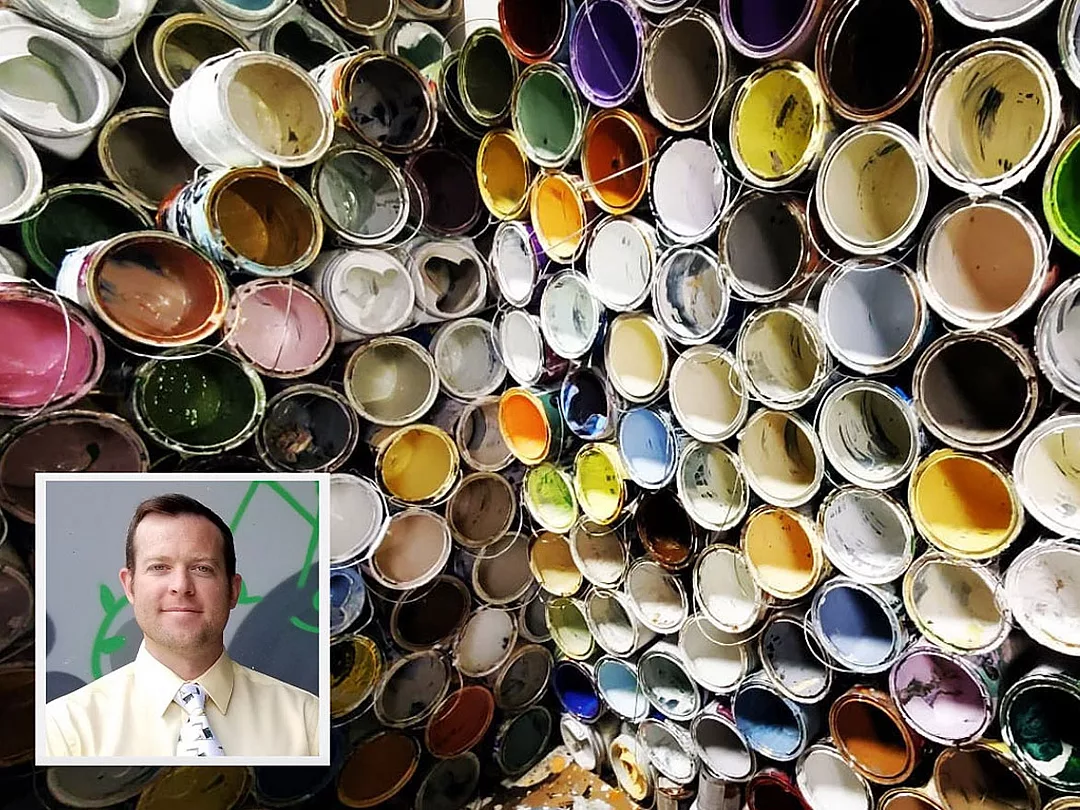
All photos courtesy of EarthPaint.
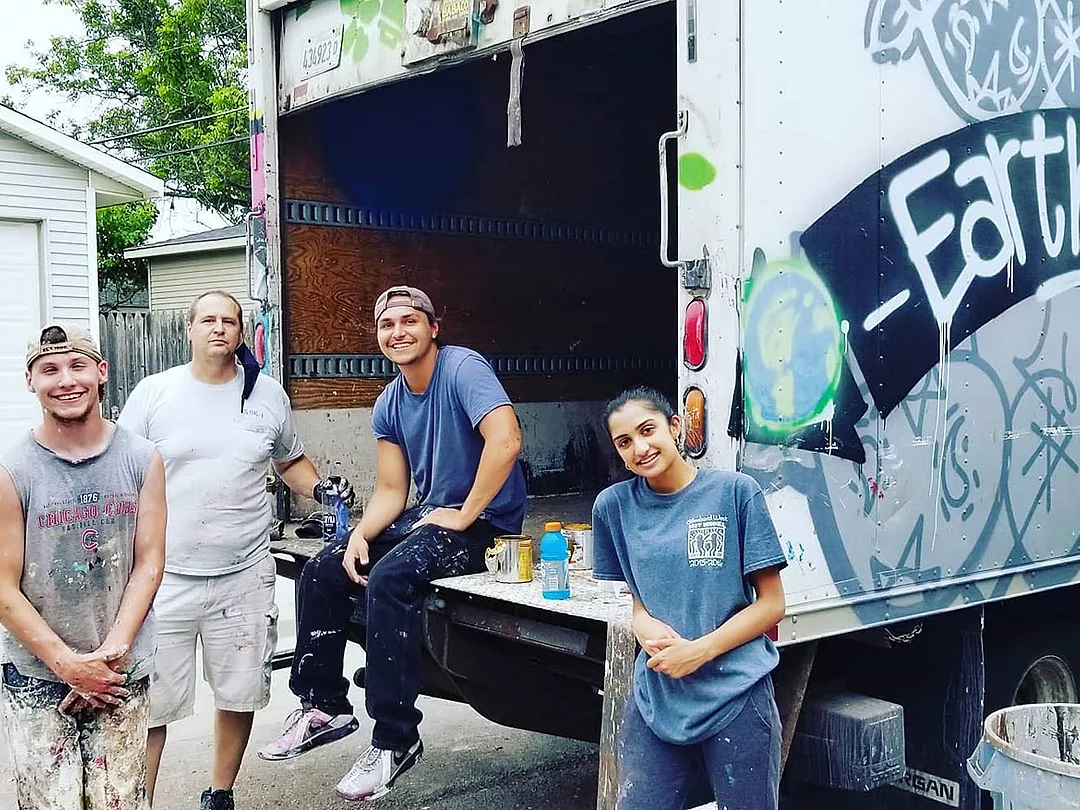
All photos courtesy of EarthPaint.
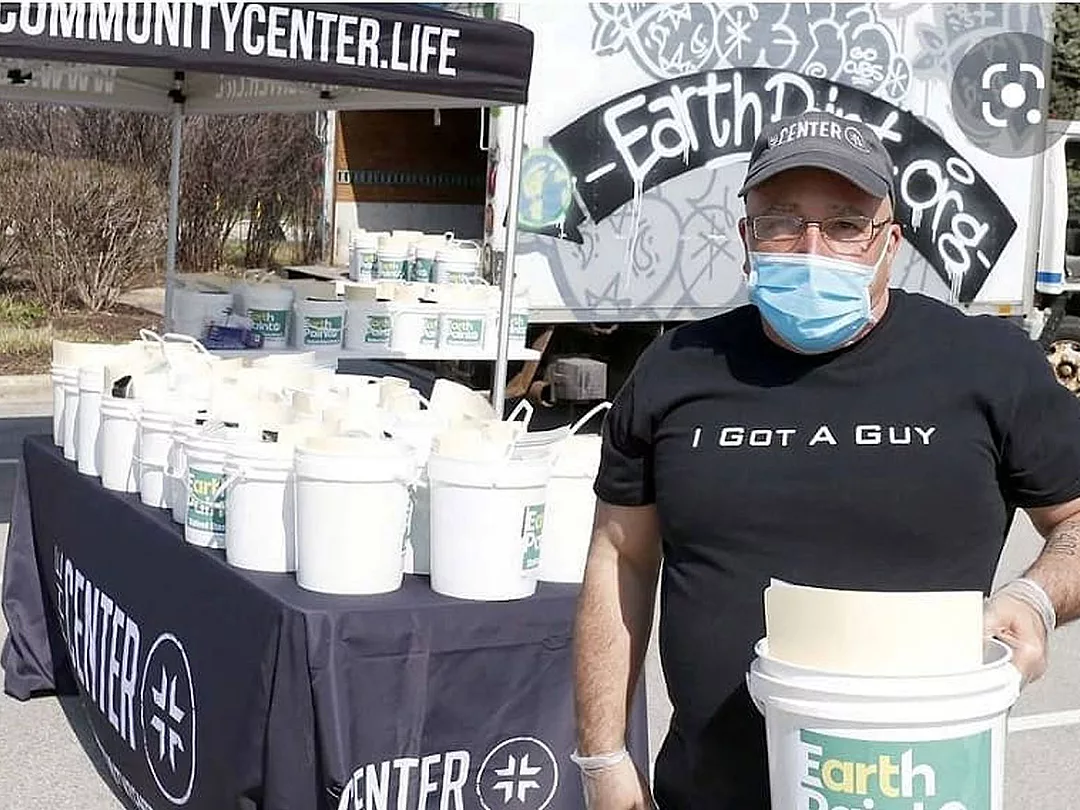
All photos courtesy of EarthPaint.
My business is a contradiction. It’s a source of optimism, frustration, inspiration and, at times, desperation. For the last nine years, I have run EarthPaint, a nonprofit organization outside Chicago that collects and processes old unwanted paint, and turns it into a high-quality recycled product. We also employ adults with disabilities, providing them with meaningful work, often for the first time their lives.
When I founded EarthPaint back in 2013, I wasn’t planning to be a pioneer; I was a painter. I just wanted to find a solution to the countless half-empty paint cans my clients were tossing in the garbage. Turns out, I had to create the solution to a problem nobody knew existed. Now, we’ve recycled more than 70 million pounds of paint, diverting more than 670 million pounds of carbon from the atmosphere. We call it “paint with purpose.”
Over the course of nearly a decade, I’ve seen a growing wave of consumer sentiment around sustainability and more companies looking to do the right thing. Yet, the industry standards for sustainability have barely budged. What’s more, consumers have become addicted to convenience and familiarity. And we’re constantly coming across bad actors trying to make a buck.
If I’ve learned anything over the last nine years, it’s that no one is going to care as much about a gallon of paint as my team and I. We live and breathe recycled paint. It’s this weird niche that, once people experience it, they keep coming back.
But there are things that keep me up at night, things that go beyond where my next grant is coming from, or whether I choose to keep the A/C on or pay my team. And the funny thing is, once we overcome one or two of these challenges, there’s a clear path to recycled paint entering the mainstream.
Recycled What?
Recycled paint doesn’t really exist. At least in the consumer’s mind. For most people, it’s an unknown concept, as foreign as electric cars were half a century ago.
Selling a product that consumers and professionals aren’t aware of isn’t easy. When people ask me what I do and I tell them about recycled paint, I often get a surprised look, followed by, “I had no idea you could do that.” What’s remarkable is, once people give it a shot, they’re sold. They know they can feel good working with EarthPaint and end up with a product that gets the job done, to boot. There’s no compromise on quality.
We joke sometimes that it’s like selling craft beer before IPAs were popular, or even selling used cars. You can get a great used car these days without having to deal with a sleazy salesman. But the best analogy, I think, is another recycled product that’s everywhere now: printer paper.
Forty years ago, recycled printer paper wasn’t a thing. Every ream was virgin paper, meaning each TPS report workers printed out was made at the cost of dozens of trees. Now you can go to any office-supply store and all you see is recycled paper. It’s so commonplace you don’t have to ask for it and you don’t realize you’re buying it. Not only that, it’s cheaper than virgin paper — and just as good.
That sounds really familiar to us. And just as the recycled paper market continues to grow, we expect the demand for recycled paint to grow, too. Consumers just need to learn about it.
One-Click Addiction
If the pandemic taught us anything, it’s that convenience is a commodity. How easy is it to buy something with one click and have it arrive the next day? This is a challenge for niche suppliers like us. When there’s a major hardware store minutes away from every consumer, it can be a tough sell to ask people to drive to our facility in the Chicago suburbs.
People are going to choose convenience over cost, quality, and sustainability every time. That’s just a tough pill that we have to swallow. I can tell a consumer that they can get the same quality paint at our shop for half the price than they’ll pay at Home Depot. But if that means they have to drive 30 minutes, we know what they’ll decide to do.
How do we make a product that’s high quality and convenient? That’s something we’re trying to figure out. We have a vision for it — EarthPaint storefronts and retail partnerships — but this is a problem we’re still working to solve.
What we have learned, though, is that we can build a loyal customer base through great service, our unique story and the quality of our products. That’s what keeps people coming back. We’ve also built important partnerships with municipalities and other nonprofits, including some with retail locations. We know we can’t rely on big hardware stores, but the good will we’ve built up goes a long way.
‘Green’ Businesses Have a Lot to Learn
More than ever, corporations are embracing sustainability. The benefits range from cost savings to good PR. We work with more than a few organizations looking to green up their credentials, and we’re happy to help where we can.
What’s ironic is that, as some of these companies invest in “green,” they sometimes achieve the opposite effect. We’ve encountered companies that want a rush order of our sustainable paint product sent cross country — completely offsetting the carbon emissions we saved through recycling paint. I’ll work with anyone who wants to make this planet cleaner, but opting for convenience in the name of sustainability at the expense of sustainability borders on greenwashing.
I think it’s unintentional, actually. It goes back to planning. Any good business requires planning and vision, and when it comes to being truly sustainable, you can’t do it halfway. The more you plan, the more money you’re going to save and the fewer headaches you’ll experience.
That said, we know more than most that a good plan can be derailed pretty easily. Just ask our crew after one of Chicago’s epic rainstorms floods our facilities!
Ethics Matter
EarthPaint wasn’t the first recycled paint manufacturer and we’re certainly not the biggest. But I’ll say it: I think we’re the best. From start to finish, we aim to make the highest-quality recycled paint around. When you do business with us, you know that you’re getting the best paint we can make — not some watered-down bargain bin alternative, not effluent masquerading as paint. And consumers know that when they leave their unwanted paint with us, it’s going to be transformed into something great — not turned into gravel and tossed in the landfill, not burned for disposal, not left to leech into our water supplies.
Look, I’m not trying to pat ourselves on the back here. These are facts. We do things right because many others in the recycled paint business do not. And that’s a challenge for us, too, because once a consumer or contractor’s been burned, they’re not going to give recycled paint another chance.
One reason we have to do things right is because we can’t afford not to. With bigger organizations, they can spend thousands or millions of dollars on ads and theatrics. We have hundreds. We rely on volunteers. We have a lot more to lose. One customer to us is worth a lot more than to a larger company.
And so we’re challenging others in this business to do better. A rising tide lifts all ships, and there’s plenty of potential in this sector — if it’s done right.
EarthPaint is a 501c3 nonprofit paint recycler. Learn more at earthpaint.org.
Looking for a reprint of this article?
From high-res PDFs to custom plaques, order your copy today!





